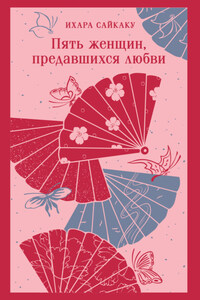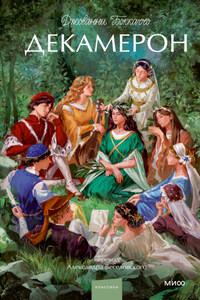CHAPTER I
MY LORD'S FUNERAL
And this was the end of it. To be buried at the public expense!
To be buried at the public expense, although a Viscount in the Peerage of Ireland and the heir to a Marquisate in the Peerage of England.
The pity of it, the pity that it should come to this!
A few years before, viz., in the fourth year of the reign of our late Queen Anne, and the year of Our Lord, 1706, no one who had then known Gerald, Lord Viscount St. Amande, would have ventured to foretell so evil an ending for him, since he and life were well at evens with each other. Ever to have his purse fairly well filled with crowns if not guineas had been his lot in those days, as it had also been to have good credit at the fashioners, to be able to treat his friends to a fine turtle or a turbot at the coffee-houses he used, to take a hand at ombra or at whisk, to play at pass-dice or at billiards, and to be always carefully bedeck't in the best of satins and velvets and laces, and to eat and drink of the best. For to eat and drink well was ever his delight, as it was to frequent port clubs and Locketts or Rummers, to empty his glass as soon as it was filled, to toss down beaker after beaker, while, meantime, he would sing jovial chaunts and songs of none too delicate a nature, fling a handful of loose silver to the servers and waitresses, and ogle each of the latter who was comely or buxom.
Yet now he was being buried at the public expense!
How had it come about? I must set it down so that you shall understand. During this period of wassailing and carousing, of ridottos at St. James's and dances at lower parts of the town, for he affected even the haunts at Rotherhithe in his search for pleasure, as he did those in the common parts of Dublin when he was in that, his native, city-and during the time when he varied his pursuits by sometimes frequenting the playhouses where he would regard fondly the ladies at one moment and amuse himself by kicking a shop-boy or poor clerk, or scrivener, at another, and by sometimes retiring into the country for shooting, or hunting, or fighting a main, his heart had become entendered towards a young and beautiful girl, one Louise Sheffield.
He had met her in the best class of company which he frequented, for, although bearing no rank herself, she was of the best blood and race, being indeed a niece to the Duke of Walton. Later on you shall see this girl, grown into a woman, full of sorrows and vexations and despite, and judge of her for yourself by that which I narrate. Suffice it, therefore, if I write down the fact that she repaid his love with hers in return and that, although she knew this handsome gallant, Gerald, Lord St. Amande to be no better than a wastrel, a tosspot and a gamer, she was willing to become his wife and to endow him with a small but comfortable fortune that she possessed. Alas! that she should ever have done so, for from that marriage arose all the calamities, the sufferings and the heartaches that are to be chronicled in this narrative.
From the commencement all went awry. George, Marquis of Amesbury, to whom this giddy, unthinking Lord St. Amande was kinsman and heir, did hate with a most fervent hatred John, Duke of Walton, they having quarrelled at the succession of the Queen, when the Marquis espoused the cause of her Majesty, while the Duke was all for proclaiming the Pretender; and thus the whole of Lord St. Amande's family was against the match. The ladies, especially his mother and sister, threw their most bitter rancour into the scales against the bride, they endeavoured to poison his mind against her by insinuating evil conduct on her part previous to her marriage, and they persuaded the Marquis to threaten my lord with a total withdrawal of his favour, as well as a handsome allowance that he made annually to his heir, if he did not part from her.
At first he would not listen to one word against her-he had not owned his bride long enough to tire of her; also some of her fortune was not yet wasted. Yet gradually, as he continued in his evil courses, becoming still fonder of his glass and rioting, and as her fortune declined at the same time that he felt bitterly the pinch occasioned by the withdrawal of the Marquis's allowance, he did begin to hearken to the reports spread broadcast against his young wife.









